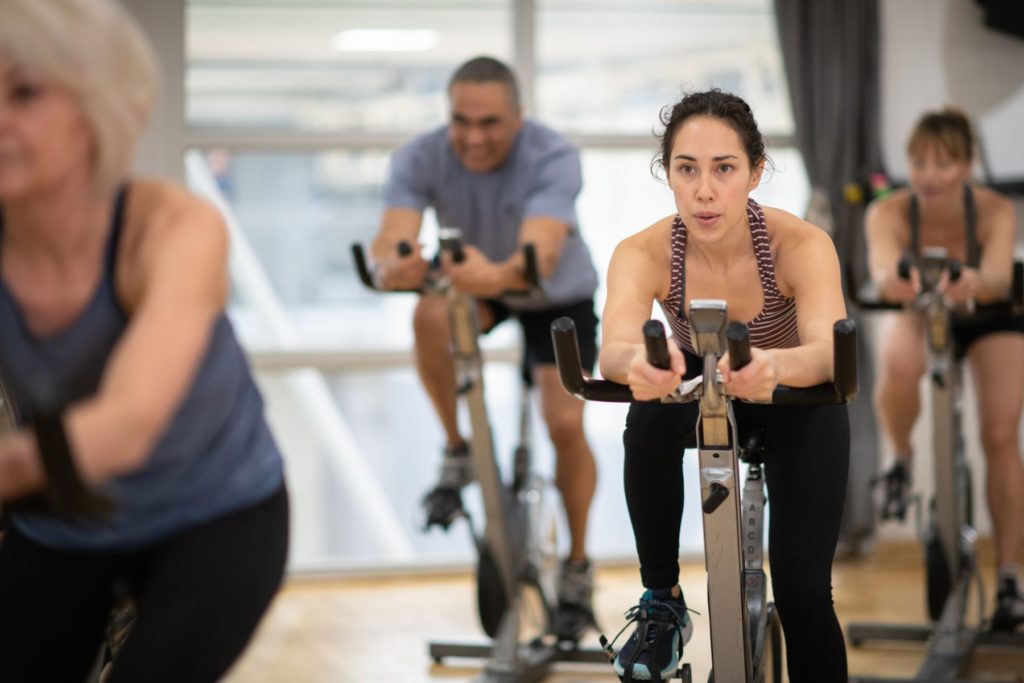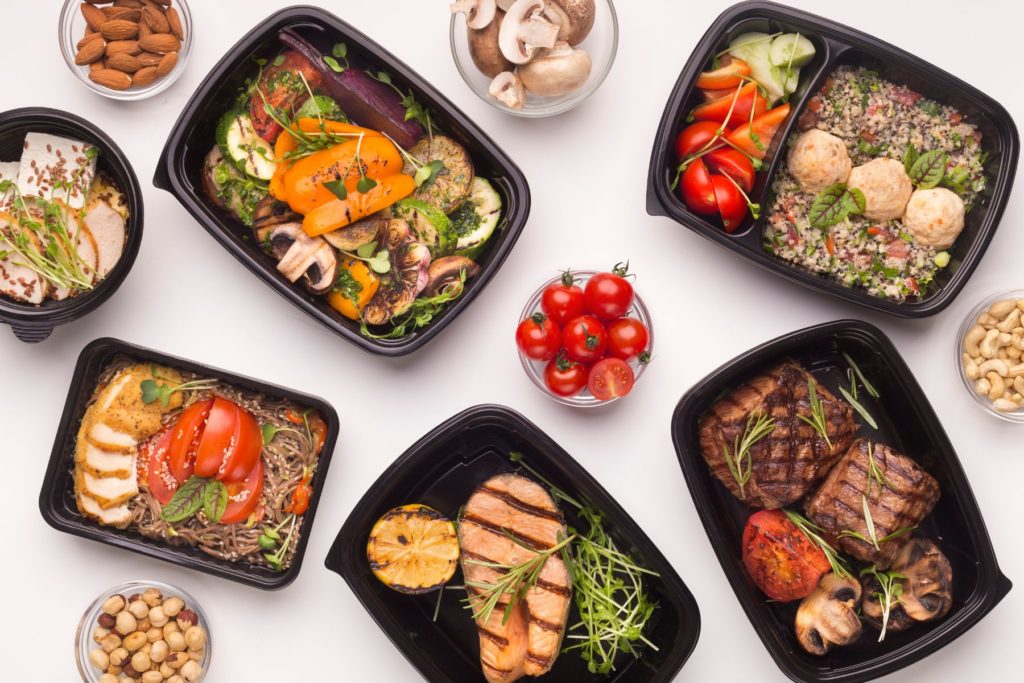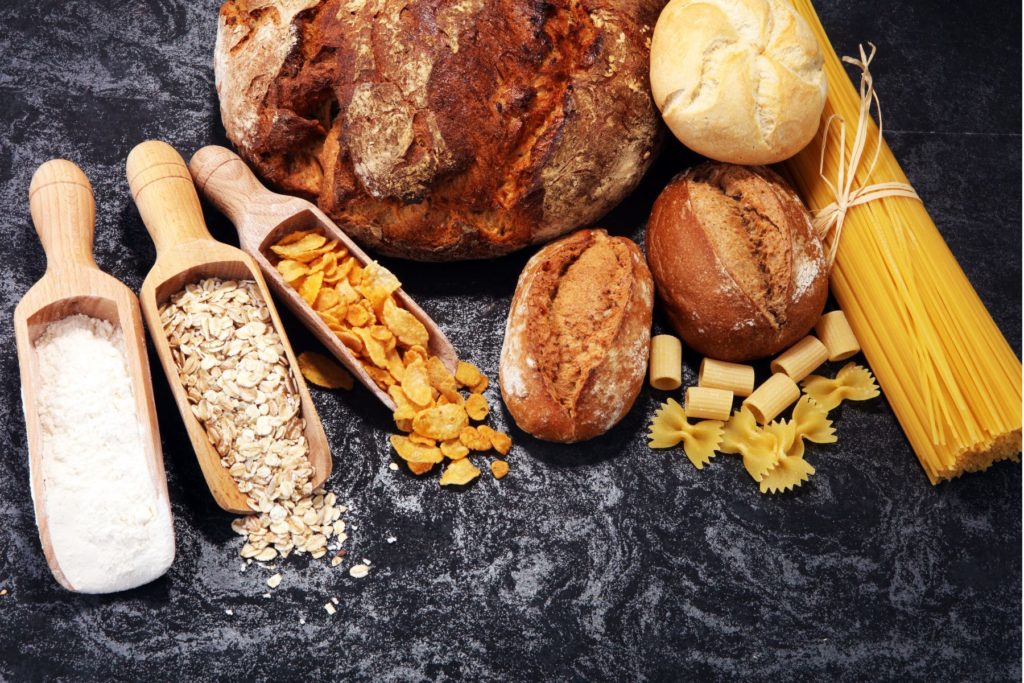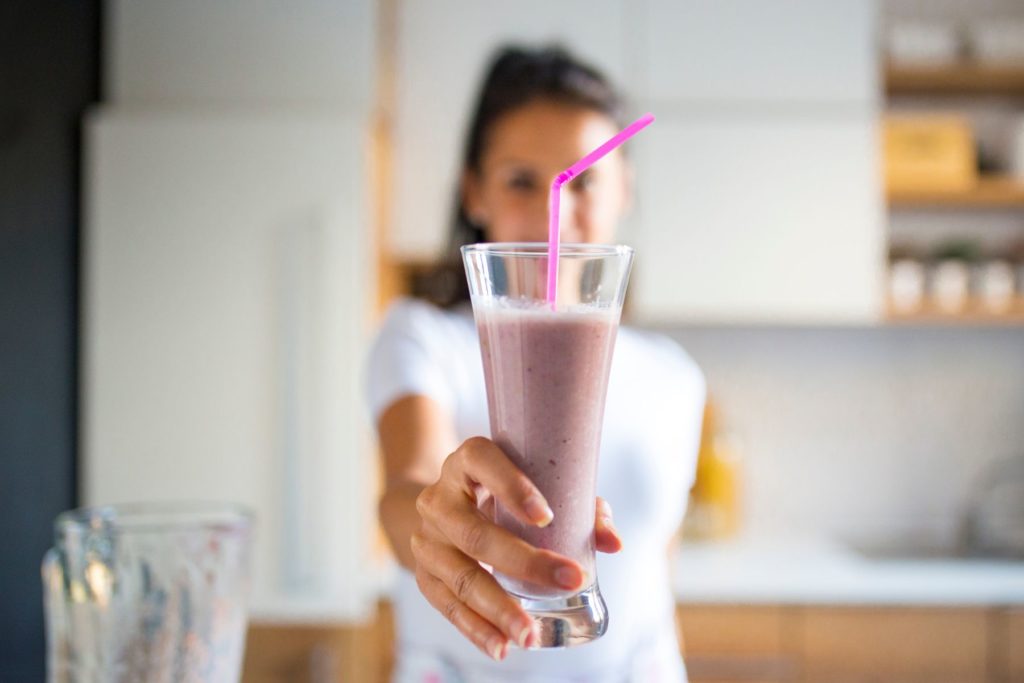Why You’re Not Seeing Gains from Your Workouts
January 30, 2023

Do you feel like you are doing everything right but are still not making any gains from your workouts? Maybe you are training consistently, are pushing yourself in the gym, are prioritizing rest days, and feel like your diet is pretty healthy. However, you are not feeling any improvements in your strength or energy, and aren’t seeing any new muscle growth. Maybe it even seems like your muscles are disappearing.
Whether you are an athlete or an active individual, it can be discouraging when you don’t seem to be making any progress. Luckily there might be something you can do to help yourself reap the benefits of your hard work. Here are a few reasons as to why you might not be seeing any gains from your workouts.
You’re Not Eating Enough to Support Your Workouts
Undereating could be a major factor preventing you from seeing and feeling gains from your workouts. Many “healthy” diets eliminate foods, food groups, and have a major focus on fruits and veggies. When cutting out foods and overly focusing on low calorie options like fruit and veg, it can be easy to intentionally, or unintentionally undereat. On the other hand, some individuals may simply have a difficult time keeping up with the high energy demands of their sport.
As an active person, you require more energy, or calories, in your nutrition plan to fuel both your daily activities AND your exercise. We require calories to run all processes in our bodies from blinking to keeping our hearts beating. In addition, our bodies require calories to digest and absorb the nutrients from food to provide us with MORE energy and to build tissues like our muscles. Therefore, if you are undereating, your body is likely prioritizing putting that energy towards processes that keep us alive over building muscles and strength.

Your Macro Ratio is Off
You’ve probably heard about the importance of paying attention to your macros as an active person. Maybe you have even heard that protein should be your main focus. Firstly, ALL macronutrients are healthy and essential to your bodies’ functioning and athletic performance. Second, it may be time to give these nutrients some of your attention as without proper balance, you may not see any gains from your workouts.
Carbohydrates are the body and brain’s favourite and main source of energy. Protein provides us with some energy, but mainly the amino acids needed to build and repair muscles. Finally, fat has a role in providing us with energy during longer workouts. Outside of sport, macronutrients also support our bodies and health in a multitude of ways.
Many “healthy” diets demonize carbohydrates and sometimes even fats. However, if you are eating less carbs than you need to fuel you and your exercise, your body may start pulling from other resources. Dietary protein for building muscles and strength may be used for energy, and protein in existing muscles may be broken down for fuel. Alternatively, maybe you are not as familiar with macronutrients and how to balance and utilize them to fuel your training. In this case, it is possible that your diet is lacking in the protein you need to make those gains and recover well. Either way, ensuring you have a healthy balance of all three macronutrients in your diet is key to supporting your health and workouts.

You Aren’t Paying Attention to Meal Timing
When we say meal timing we don’t mean waiting until 11:00am for your first meal of the day and ensuring you stop eating after 8:00pm (which we don’t believe in by the way!). When we talk about meal timing, we are referring to fueling your body before and after working out or training. These fueling habits are essential to supporting your performance and building muscle.
When it comes to fueling your body before activity, the goal is to provide yourself with energy and to protect your muscles. Pre-workout snacks should have a focus on easy to digest, fast-acting carbs with a small amount of protein like peanut butter toast. After workouts, the goal is to replenish energy stores and help repair and build muscle. Again, a snack with carbs and protein is best, with more of a focus on protein at this time like a protein smoothie.
As you can see, meal timing can play a key role in athletic performance and progress. Thus, skipping pre- and/or post-workout snacks could be contributing to not seeing those gains from your workouts. See our other blog post HERE for more ideas on what to eat before and after exercise.

In Conclusion…
There are many reasons as to why you may not be seeing or feeling any gains from your workouts. However, looking at your nutrition can be a good place to start, especially if you struggle with your relationship with food and/or exercise. Ensuring you eat enough, eat balanced meals, and fuel both your activity and recovery will help you to build and keep that muscle and strength.
If you think you could use some support with fueling your body for your training, consider speaking with a dietitian. See our non-diet dietitian services HERE.
[…] rest days might feel wrong at first. However, keep in mind that they are essential for recovery, muscle building, injury prevention, and overall […]
[…] adaptability is making intentional choices that serve her highest good. Whether it’s prioritizing rest, maintaining a routine, or being open to change, she emphasizes the importance of being adaptive […]